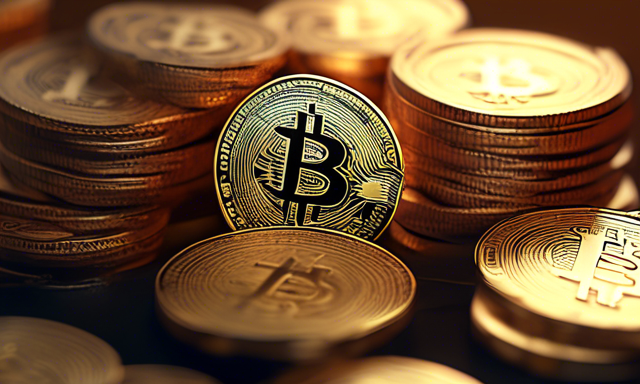The Year 2024: A Watershed Moment for Cryptocurrencies
2024 is a significant year in the history of cryptocurrencies, with Russian President Vladimir Putin’s groundbreaking decision to legalize Bitcoin as a legitimate form of payment in Russia. This move has ignited a range of reactions worldwide, capturing the interest of economists, investors, and governments alike.
Global Changes: Russia’s Pivot Towards Bitcoin
Putin’s choice comes amidst a backdrop of global economic and political uncertainty. The conflict in Ukraine, escalating international sanctions, and the surge in inflation have prompted many nations to explore alternatives to conventional financial systems.
- The economic pressures from sanctions by the US and EU led Russia to consider adopting Bitcoin as a means to diversify funding sources and open up new avenues for international trade.
- The Governor of the Central Bank of Russia, Elvira Nabiullina, emphasized that legalizing Bitcoin will not only impact domestic use but also facilitate international payments, especially in navigating around international sanctions.
Economic and Financial Ramifications
Russia’s embrace of Bitcoin will have far-reaching economic and financial implications with potential repercussions both domestically and internationally.
- The legalization of Bitcoin may attract new foreign investments interested in leveraging the opportunities within the emerging cryptocurrency market.
- However, this move could also heighten volatility in Russian financial markets already grappling with geopolitical and economic uncertainties.
- Experts are divided on the long-term effects, with some seeing the move as a strategic step to bolster the Russian economy while others caution about the risks linked to cryptocurrency adoption.
International Responses and Geopolitical Dynamics
Putin’s decision has triggered varied responses on the global stage, highlighting concerns about security implications and the potential for misuse of cryptocurrencies to bypass sanctions.
- Countries like the US and EU have expressed apprehension about the security risks associated with cryptocurrencies.
- However, nations with fragile financial systems may view cryptocurrencies as a viable alternative to traditional financial structures, potentially following Russia’s lead.
The Future of Cryptocurrencies
Russia’s move to legalize Bitcoin marks a significant milestone in the cryptocurrency narrative, promising to reshape the global financial landscape with secure, anonymous, and cross-border transactions.
- While challenges and uncertainties persist, Russia’s adoption of Bitcoin could serve as a catalyst for other nations to reevaluate their stance on cryptocurrencies.
- The decision underscores a gradual shift towards embracing cryptocurrencies as a key player in the global economy, challenging existing norms and paving the way for a digital financial frontier.
Closing Thoughts
Vladimir Putin’s historic decision to legalize Bitcoin in Russia could have far-reaching implications for the global economy, with ripple effects that are yet to be fully realized. As the world observes this transformative shift, the impact of this move on cryptocurrencies and the Russian economy remains to be seen.
Regardless, Putin’s bold step signifies a readiness to adapt and thrive in a rapidly evolving landscape, setting the stage for a new era of financial innovation and transformation.





 By
By
 By
By
 By
By
 By
By
 By
By
 By
By